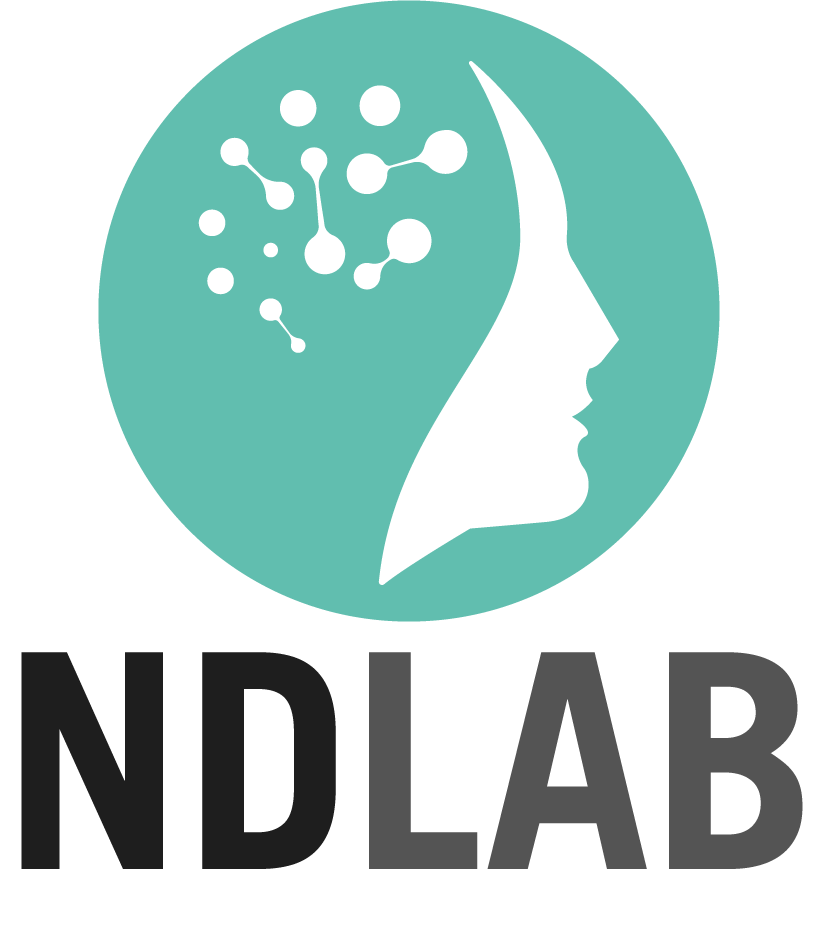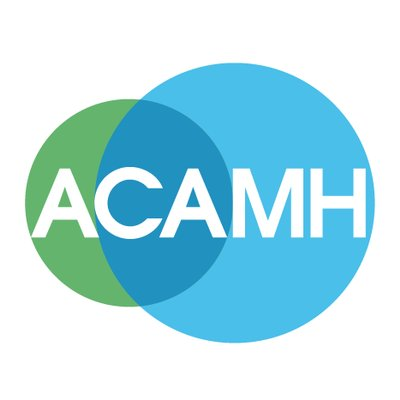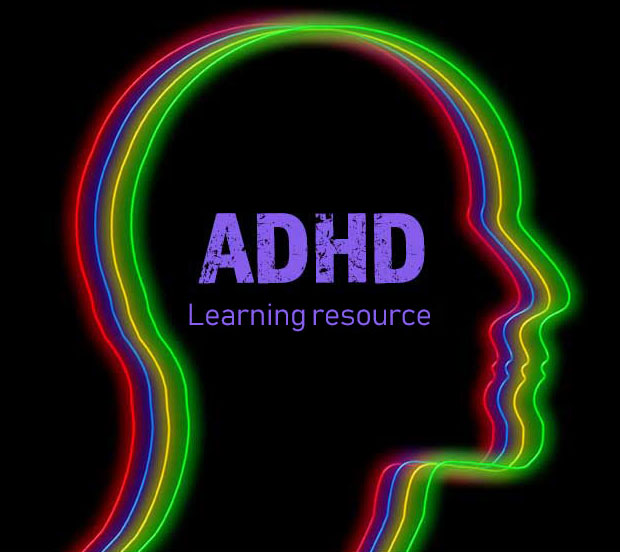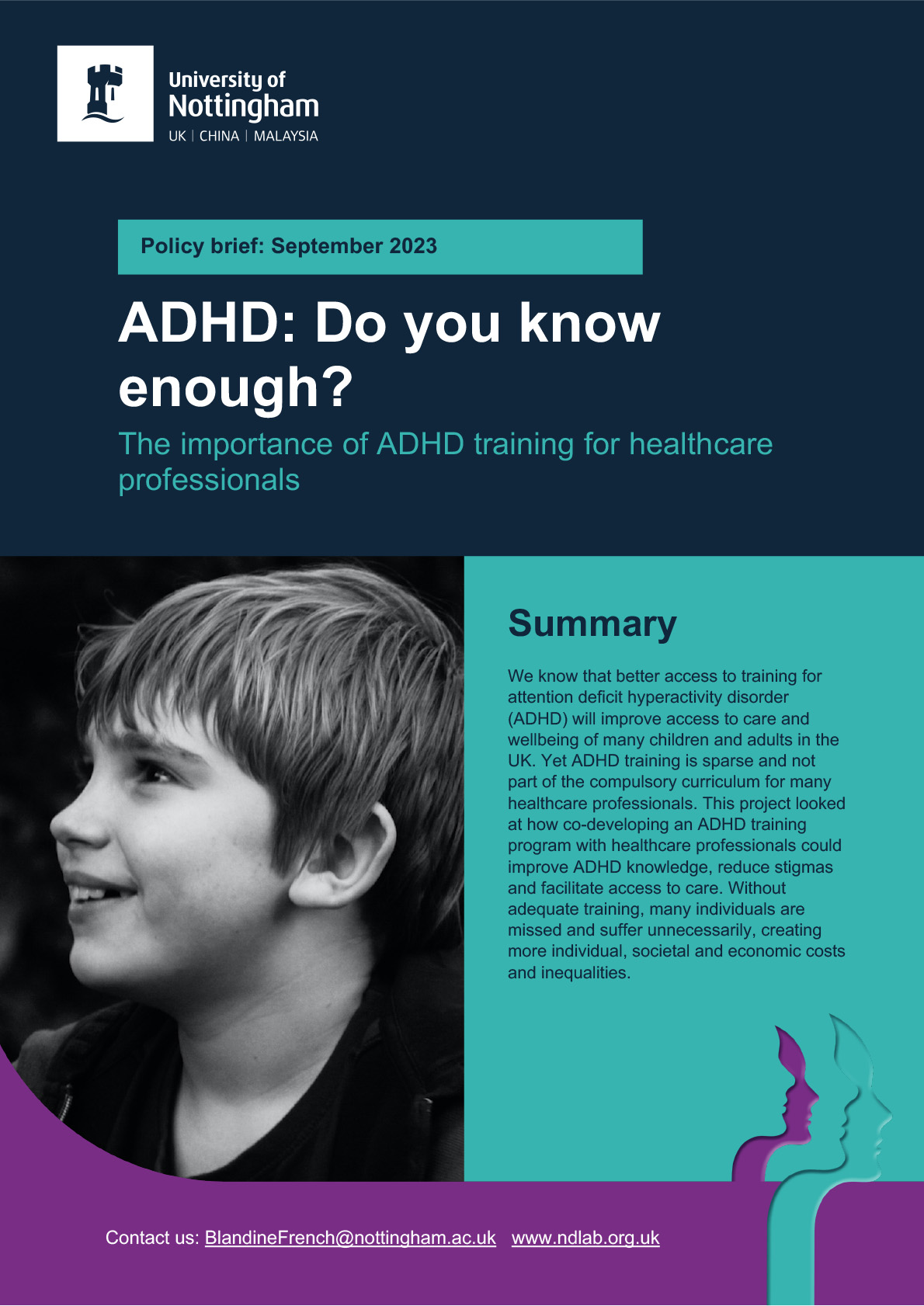Summary
Attention deficit/hyperactivity disorder (ADHD) is underdiagnosed in the UK and the process of accessing care is complex and variable. The care pathway usually involves General Practitioners (GPs) referring people to secondary care for a diagnosis and access to care.
It is therefore essential that GPs have a clear understanding of ADHD and associated care pathways in order to provide optimal care for patients, but this is not always the case. This project sought to investigate the gaps and barriers in GPs’ understanding of ADHD. We then facilitated the development of an online psycho-education program to address these gaps and barriers. The project’s second aim was to evaluate the efficiency and usability of this program.
We included four studies using mixed methodologies. They highlighted barriers in relation to the lack of training on ADHD, strong stigmas and misconceptions attached to ADHD, and complex pathways to care.
We found that GPs strongly engaged with and valued the training, and 92% said it would positively impact their practice. 98% of GPs said that their knowledge of ADHD had improved after taking the training, misconceptions had decreased and attitudes and confidence had improved.
We are pleased that this training has since been accredited by the Royal College of GPs (RCGP). Thanks to this research, our free-to-access, 60-minute online course, is positively impacting patients’ wellbeing and mental health.
What we did
Methods
This project included three phases using mixed methodologies:
Phase 1
A systematic review highlighting the barriers around GPs’ understanding of ADHD was conducted (Paper 1). Interviews with GP trainees, GPs, patients, and healthcare professionals were conducted to investigate barriers in GPs’ understanding of ADHD (Paper 2).
Phase 2
These findings informed the development of a 60-minute online psycho-education program. This program was co-produced with GPs and a usability study was conducted with GPs to assess the accessibility of the program (Paper 3).
Phase 3
A pilot Randomised Control Trial (RCT) and interviews were then conducted with GPs to assess the efficiency of the program. A brief evaluation of long term impacts and implementation was also conducted (Paper 4).
Co-production
After highlighting the gaps in understanding of ADHD through the literature review and interviews, and in order to ensure that the training was helpful for GPs, our development process followed a strong coproduction aspect (Paper 3).
Educational videos and online materials were developed, and workshops/reviews were conducted with GPs to ensure the content and format of the training suited them.
Firstly, workshops were conducted with GPs so we could develop a tailored resource to meet their needs. Suggestions from GPs were integrated and implemented into the intervention. For instance, GPs suggested including videos of clinical and academic experts, as well as the patients’ videos, so four new videos reflecting different expertise were then added.
Secondly, a review process from expert academics and GPs ensured that the final product was appropriately targeted at GPs and that the content was adequate. Finally, the intervention was reviewed, endorsed and accredited by the Royal College of GPs (RCGP) – the national professional membership body for family doctors in the UK and overseas.
What did we find?
Phase 1: Literature review and interviews
This project highlighted the many gaps in primary care understanding of ADHD and evaluated the use of a psycho-educational program in addressing these gaps. The main gaps highlighted by the review and interviews were:
Phase 2: Development process
GPs wanted an online training that:
Phase 3: Evaluation
The pilot study and RCT demonstrated that the training was acceptable, usable and has appropriate content. The efficacy of the training was demonstrated by:
Lack of identification and recognition of ADHD in GPs can be remediated by GPs completing a short 60-minute online course, in turn improving patients’ access to care (Paper 4).
In the last two years since its evaluation, over 8,000 healthcare professionals have accessed the training with 92% saying they would recommend the training and that the training is likely to impact their practice.
Accreditation, dissemination & media
This training is free to access and was developed through an ESRC doctoral studentship.
It has been accredited by the RCGP and has been endorsed by many organisations including Fourteen Fish, Association of Child and Adolescent Mental Health, ADHD Europe, and the AHSN Network.
It is now being translated into three languages (Spanish, French and German).
Podcast
“ADHD and the implications of a lack of awareness within primary care”
In Conversation with Blandine French
Testimonies
GPs’ feedback
“Actually it has changed my attitude, it’s not very often that some sort of learning will do that because attitudes are quite hard engrained. I found it very useful and I’m a lot more open minded to it as a diagnosis and it will help me pick up faster.”
“The fact that I can remember so much about it is probably testament to how good it was at reinforcing and retaining the information.”
“I was surprised how little I knew about it before hand to be honest… it’s completely changed the way I view them (patients with ADHD), I am much more sympathetic”
“I was always taught that people grow out of ADHD… I’m more willing to consider it as a diagnosis. I used to think you should have grown out of it and you’re just trying to get hold of amphetamines, drug seeking.”
Publications
Publications related to this thesis
- 1
- 2
- 3
- 4
PRESENTATION
5 minutes summary of GP training presented at International Network for Health Workforce Education
Recorded Powerpoint presentation
WEBINAR
WEBINAR
Pathways to care for ADHD
Online webinar presented for ADHD Europe


















